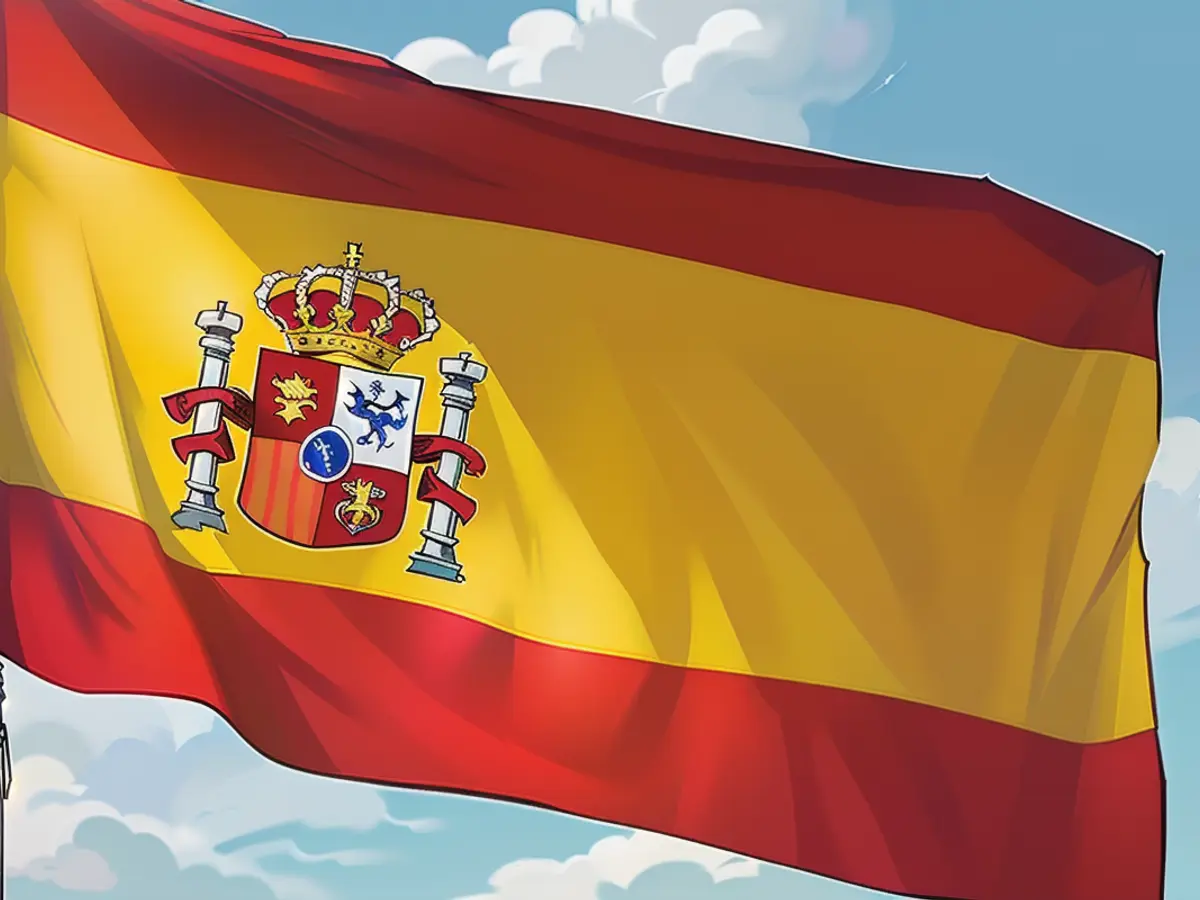The Spanish High Court Contemplates Pardoning Legislation for Catalan Protesters
The Spanish Constitutional Court will assess the constitutional validity of the amnesty legislation for Catalan independence advocates. The court, which boasts a conservative majority, consensually granted the Supreme Court's request to scrutinize the law, as it raises concerns regarding the principle that all Spanish citizens are treated equally under the law. This process could stretch over several months.
The amnesty was designed to shield Catalan activists from legal repercussions by the Spanish judicial system following the failed 2017 independence bid in the affluent northeastern region of Spain. This amnesty was a goodwill gesture from Socialist Prime Minister Pedro Sánchez towards independence sympathizers, who hold influential positions in the Madrid parliament through two parties.
Sánchez leveraged their support to secure a parliamentary majority after the general election last year. The announcement of the amnesty provoked months of unrest among conservative critics.
However, the application of the amnesty now rests in the hands of individual judges, who will evaluate each case on its merits. In notable instances, such as that of former Catalan regional president Carles Puigdemont, judges have opted not to invoke the law. So far, numerous individuals have benefited from it, while others remain in legal limbo, awaiting a court ruling.
Spain's largest opposition party, the PP, as well as several regional governments, led by Socialists, have filed lawsuits challenging the constitutionality of the amnesty law.
The constitutional challenge against the amnesty law by Spain's largest opposition party and several regional governments could potentially delay its implementation for several months. Despite the amnesty providing protection to several Catalan activists, it has sparked controversy and legal battles that may prolong their judicial proceedings.








